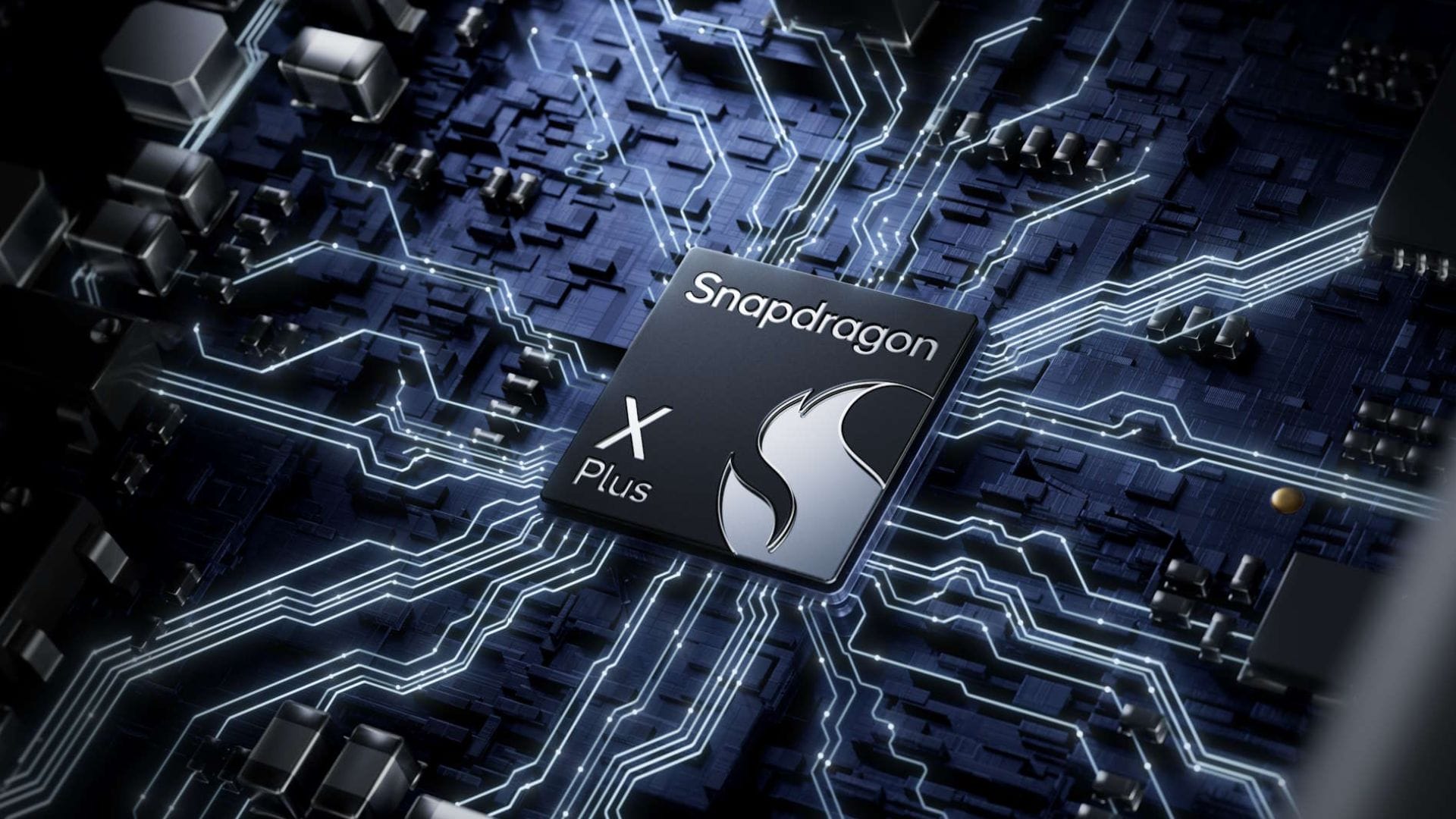Qualcomm ends desktop ambitions with Snapdragon Dev Kit cancellation
Qualcomm cancels its Snapdragon Dev Kit, halting its push into the desktop market and promising refunds to developers affected by the abrupt change.

Qualcomm has been making waves with its Snapdragon X Elite CPUs, particularly in Copilot+ laptops, but the company has hit a roadblock in expanding its reach. Despite promising starts, Qualcomm has abruptly cancelled its highly anticipated Snapdragon Dev Kit for Windows, leaving developers surprised and without the mini PCs they had ordered. Refunds have been promised for those affected by the sudden cancellation.
Table Of Content
The rise and fall of the Snapdragon Dev Kit
The Snapdragon Dev Kit was first introduced in May, alongside the announcement of Copilot+ laptops. It was seen as a significant step in Qualcomm’s ambition to break into the desktop Windows PC market. The idea behind the kit was to allow developers to experiment with Qualcomm’s powerful Snapdragon X Elite CPU, specifically the X1E-00-1DE model, which isn’t available to regular consumers. This CPU is capable of over 100 watts of power, making it a strong contender for desktop performance.
Qualcomm planned to give developers access to this hardware to create and optimise Windows apps on Arm. By courting developers to bring software from x86 architecture over to Arm, Qualcomm aimed to expand its reach beyond the laptop market and make a real impact in the desktop PC space.
Orders for the Snapdragon Dev Kit were expected to start shortly after its announcement, but the timeline quickly shifted. By July, retailer Arrow finally began taking orders for the kit, and one of the early customers, YouTuber Jeff Geerling, placed his order with the expectation that the kit would arrive the next day. However, like many others, Geerling’s delivery was delayed. What was supposed to arrive in July was postponed to September, and by the time the kits did start arriving, Qualcomm had a change of heart.
A sudden reversal
Just two weeks after receiving his Snapdragon Dev Kit, Geerling was informed by Arrow that the product had been cancelled. In an email to Geerling, Arrow explained, “The Developer Kit product comprehensively has not met our usual standards of excellence, and so we are reaching out to let you know. Unfortunately, we have made the decision to pause this product and its support indefinitely.”
Geerling wasn’t alone in receiving this news. Multiple developers reported receiving the same email within days of their own dev kits arriving. Qualcomm’s decision came as a shock, especially considering the potential of the Snapdragon X Elite CPU in desktop settings. Geerling had already begun testing the dev kit and found it surprisingly capable. However, as a product aimed at developers, it fell short in key areas, making the cancellation all the more frustrating for those who had hoped to work with it.
Qualcomm’s struggle for dominance
It’s unclear why Qualcomm decided to cancel the dev kit so abruptly. Just a few months earlier, the company had made its ambitions clear in June. It wanted to go beyond just laptops and make a name for itself in the desktop market. The Snapdragon Dev Kit was an important tool in achieving that goal.
There are several possible reasons for Qualcomm’s reversal. One theory is that Qualcomm struggled to manage its chips in a high-performance desktop setting, particularly with the demands of the X1E-00-1DE CPU. Another possibility is that the cost of producing the dev kit outweighed its potential benefits, leading the company to abandon the project.
Whatever the reason, Qualcomm’s cancellation of the Snapdragon Dev Kit is a significant setback. The company had positioned itself as a major player in the Arm-based Windows PC space, but without a developer kit, it may struggle to convince developers to migrate their apps to the platform. This move raises questions about Qualcomm’s long-term strategy and whether it can compete in the desktop market.
















